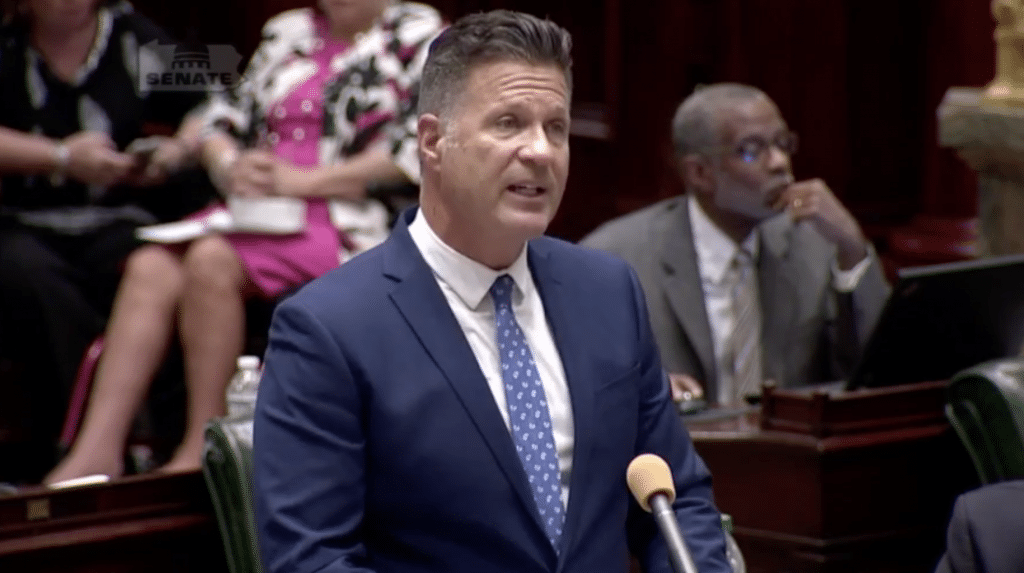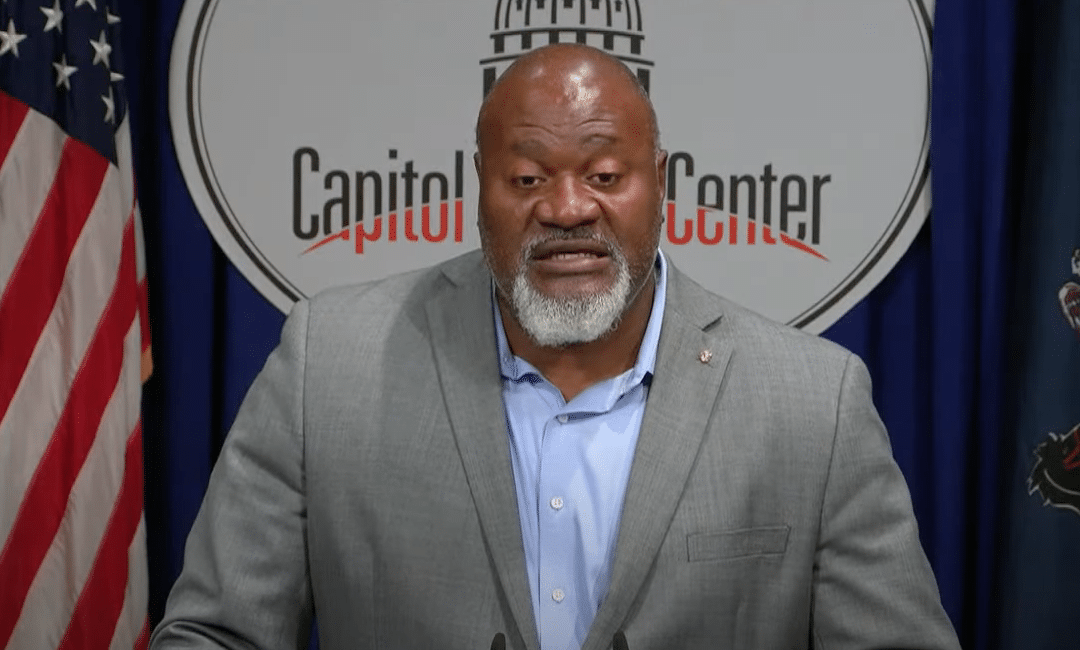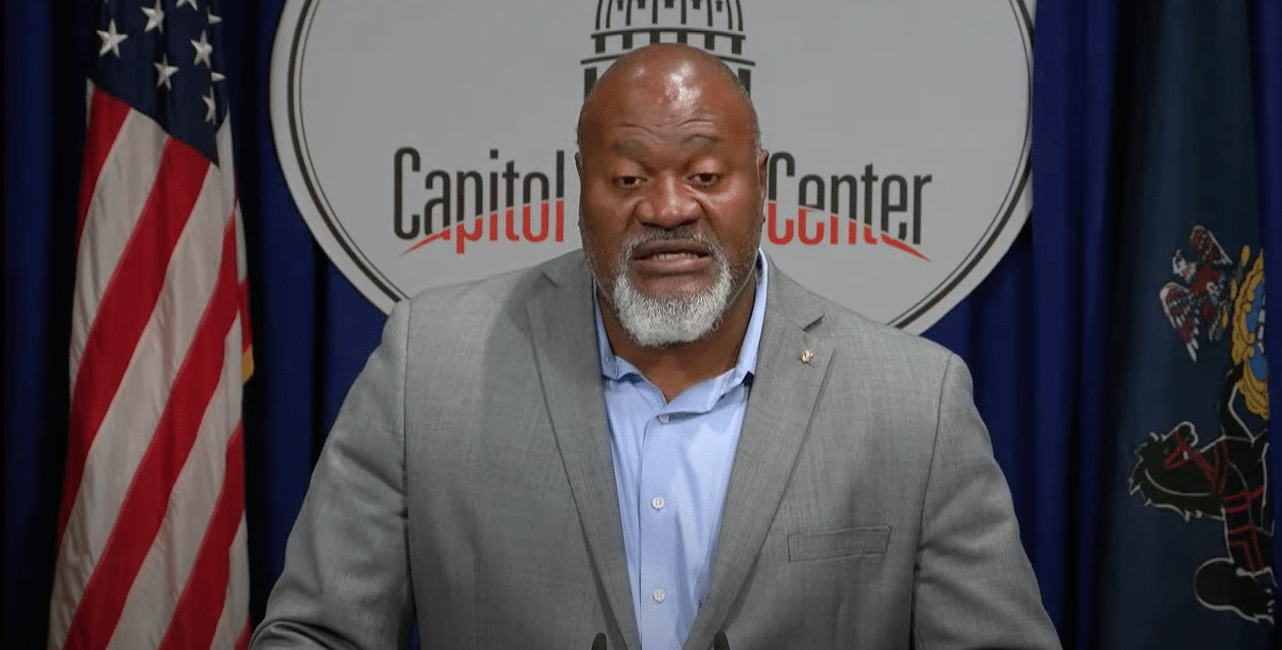
Pennsylvania cannabis legalization gains an unlikely ally

With renewed efforts in the Pennsylvania cannabis legalization fight, the movement has gained an unlikely ally; a former U.S. marshal who spent years fighting the drug war.
Republican Senator Mike Regan is working on new legislation to legalize Pennsylvania cannabis. The legislation would legalize cannabis for recreational use and permit adults age 21 and older to legally purchase and possess a “personal amount” of cannabis. Regan thinks that amount will most likely be an ounce.
“I think it’s inevitable,” Regan said. “It’s common sense to think we’re going to do it at some time and it should be done smart.”
While still a work in progress, Regan sent a memo to his fellow lawmakers stating, “As chairman of the Senate Law and Justice Committee and a former member of law enforcement, rather than sit idly by and allow others to shape the legislation, I am stepping up to be a leader on the issue, as I did on medical marijuana.”
This is a much different approach compared to other Republicans in the state who are fighting legalization. Instead of joining the resistance against Pennsylvania cannabis legalization, Regan is attempting to take charge so Republicans can truly have a say in what happens.
Pennsylvania Governor Tom Wolf has expressed his support for broad cannabis legalization on numerous occasions. Along with Lieutenant Governor John Fetterman, a staunch advocate for cannabis legalization, the two believe creating a legal cannabis marketplace can generate more money for the state to address social justice issues, mainly the convictions and criminal records people get for consuming or possessing cannabis.
Regan used the examples of New York and New Jersey, two neighboring states that have legalized cannabis for recreational use as reasoning for legalizing Pennsylvania cannabis. “We will soon experience border bleed with Pennsylvanians contributing to the tax base of those states and helping to pay for their roads and bridges, while the commonwealth deals with the implications of purchases brought across state lines without the revenue or resources in our legal system to address them,” Regan said in his memo.
However Regan isn’t the first Republican in Pennsylvania to push forward recreational cannabis legislation. Senator Dan Laughlin (R) joined Democrat legislators in pushing for cannabis legalization in February of 2021.
Additionally, two Democrat House Representatives, Jake Wheatley and Dan Frankel, introduced a bill to legalize Pennsylvania cannabis just last week. However the remaining Republicans in the legislature continue to express their disapproval of broad cannabis legalization in the Keystone State.
Many Republicans have said that the state should continue to focus on medical cannabis only, and that recreational cannabis legalization is not a priority for them. Their reasoning is that medical cannabis has yet to prove successful enough to warrant full blown legalization. However, medical marijuana sales in Pennsylvania topped more than $900 million over one year during the COVID-19 pandemic, and could soon see $3 billion in total sales with just a few operating years under its belt.
Pennsylvania is outpacing other medical marijuana states by huge margins, showing that interest in Pennsylvania is at an all time high. Regan estimates that recreational cannabis could generate an additional $1 billion a year in revenue. That revenue could be used to support law enforcement, fight gun violence, provide after school programs for disadvantaged youth and free up motor license funds that are currently being used to fund state police to help fund road and bridge improvements instead.
The bill would establish a regulatory control board, remove penalties for possession and use by adults, allow the legal purchase of firearms regardless of cannabis use, among many other features.
As an ex-law enforcement officer, Regan is running against the grain in his efforts that helped shape the medical marijuana legislation in the state, as well as his new support for recreational cannabis.
“As a former United States marshal, I had the opportunity to work in federal law enforcement at the height of the drug war, so I know the seriousness of drug use,” he said in his memo. ”But I am also cognizant that there has been a significant decline in arrests and prosecutions for personal use amounts of marijuana in recent years. Our law enforcement agencies and justice system do not have the manpower or time to handle these minor marijuana offenses that clog our courts and produce little return.”
Instead, Regan wants law enforcement to focus more on the large scale drug importers that deal heroin and fentanyl, which fuel the massive opioid crisis that has been impacting Pennsylvania for years, killing thousands of Pennsylvanians.










